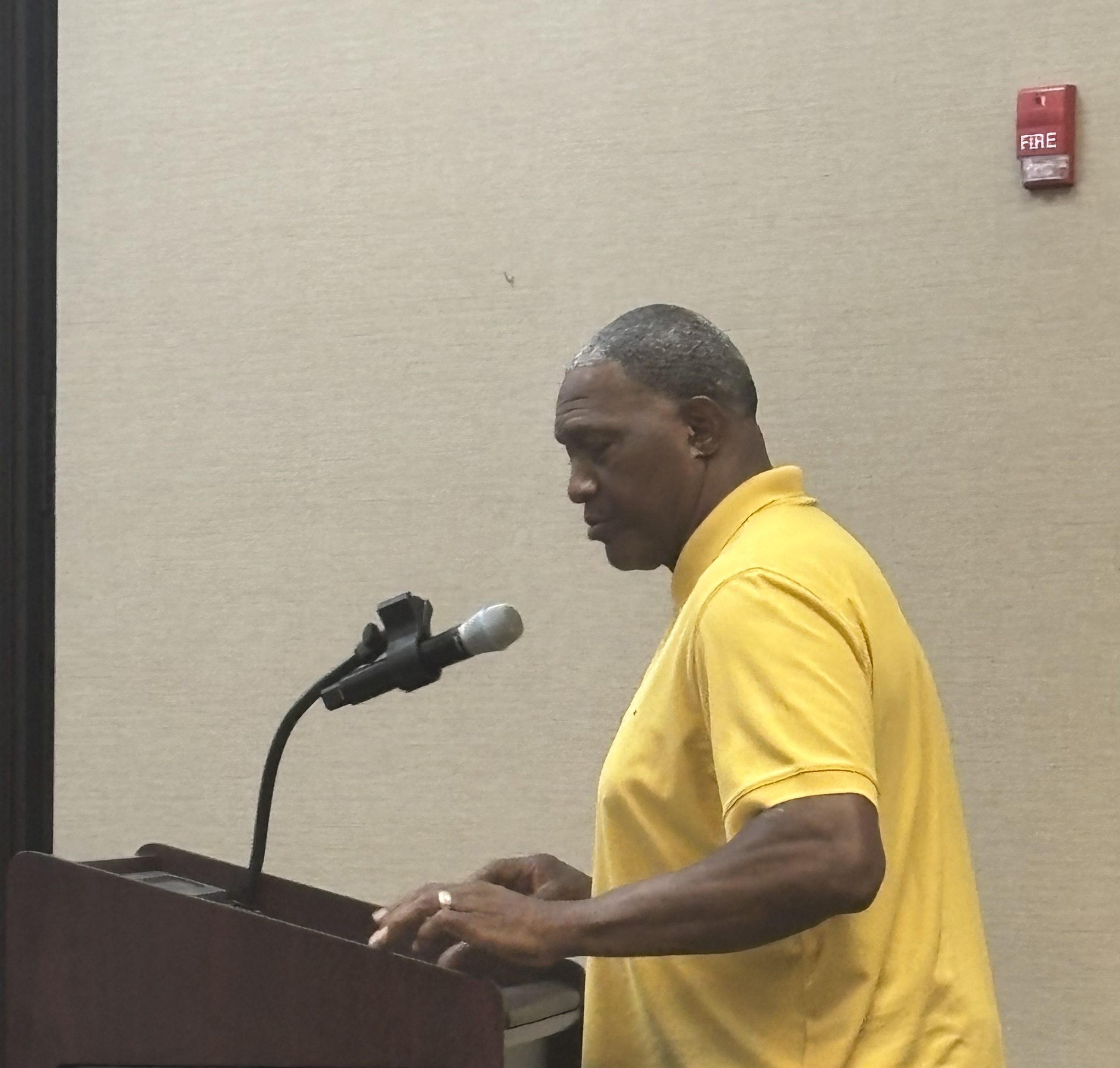Joni Woolf for the ATR: Living in the downtime
Published 10:00 am Wednesday, March 25, 2020
|
Getting your Trinity Audio player ready...
|
Last week’s food column was entitled “Cooking in the Down Time,” and we talked about simple recipes that could be constructed with what might be found on the grocery shelves—sometimes not so much. The simple act of preparing a meal had become complicated by the shortage of many common foods and supplies—even round coffee filters that would fit my Mr. Coffee pot Perhaps someone was buying them to use as masks, I thought. Well, I could always use paper towels. Oops. Not so fast. Those shelves were empty too.
So how do we survive this new way of living—a way that most of us have never experienced? What does it mean to isolate oneself, or one’s family, and cease all the ordinary things that make up the days of our lives?
A not-very-highly regarded poet named Edgar Guest (once described by Brendan Gill in New Yorker magazine as ‘trashy’} wrote these lines almost 100 years ago: “I have to live with myself and so, I want to be fit for myself to know…’ And so on. Gill did admit that Guest “pointed awkwardly at a truth hardly expressible in terms worthy of it.”
Trending
So how do we live with ourselves? Our solitary self? Many of us are extreme extroverts, depending on interaction with friends and colleagues for stimulating conversation, for constructive meetings, for communal worship experiences, and even for dining out often in the company of friends or family. As a culture, we tend to be social creatures.
So the obvious question now is: “How’re you doing?” What is it like for most of us to live in isolation, to be around no one but family for days on end? Or, if we are single (widowed, never-married, divorced, however it came to be) without some family member at home, how are we doing?
I find I’m not doing so badly. I have been in isolation for two weeks, seeing only my daughter and her husband, who live up the hill from me, and who are doing my shopping so that I am protected to a large degree from exposure to the virus. I thought I would have difficulty staying home and seeing no one. I had already given up Facebook for Lent (for the most part) so I was not communicating with friends and relatives through that medium.
So what could I do?
As it turns out, quite a lot. I am reading three books at present (one is a re-read, for the third time). I have cleaned flower beds, cleared the deck to get ready for some summer flowers, have planted several seedlings I received from the Arbor Day Foundation. I have begun cleaning shelves and closets because they need it, and because these goods can be donated to the Mustard Seed shop, a ministry of Calvary Episcopal Church—a great way to pass on things that are no longer of use to me.
My hearing is impaired, so I watch very little television. I don’t get as upset as I once did over the daily news. I can read it on-line and put it down when it becomes a burden. One needn’t watch television several hours a day to learn what is happening. So, when the world gets a bit dreary due to all I am reading in the paper about the spread of the virus, and the folks who fail to take it seriously, I go out on my deck and look at the green field beyond—a glorious green springtime. I have seen things I might have missed if I had not been “shut-in,” and I have learned some things about myself. I can be alone for extended periods of time, taking moments to check on children, grandchildren and friends, but for the most part—just being alone—not interacting, not communicating very much, not seeking company. As the trashy poet said, “I have to live with myself and so….”
Trending






